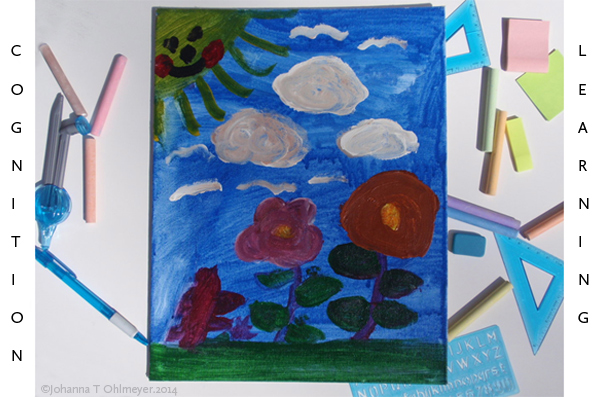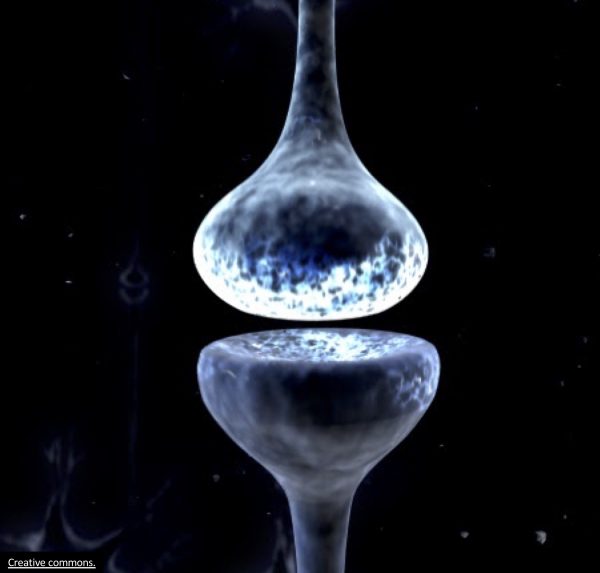 Scientific approaches to education—such as STEM and integrative sciences—will have the best chance of success if educators understand and apply current scientific theories on how children and adults learn.
Scientific approaches to education—such as STEM and integrative sciences—will have the best chance of success if educators understand and apply current scientific theories on how children and adults learn.
One of The Owlet’s aims is to make teachers aware of students’ cognitive faculties that are accessed during instruction. Although there has been a recent explosion of neuroscience research data on learning and education, these findings are only beginning to find application in the classroom. We are interested in developing instructional approaches that will promote cognitively effective methods for teachers, and long-lasting learning experiences for students.
Upcoming topics:
- The effects of stress on learning
- Attention increases neural activity
- Learning disabilities: epigenetics, memory and learning
- New methods to study brain development and learning in children
- Left brain, right brain, and learning
- Cognitive developmental windows for learning
- Dual versus serial tasking
The Role of Working Memory in Learning February 22, 2021Working memory (WM) is a cognitive function used when following instructions, going through a process, or performing a task that ...
Sleep (part 2): What does all this mean for us? February 18, 2021How does sleep impact memory and learning? Part 2 of our Sleep review centers on the restorative functions of sleep ...
Sleep (Part 1): what is sleep? February 18, 2021Did you ever ask yourself why do we sleep, how sleep evolved, what are the anatomical and biochemical basis of ...
Epilepsies, Seizures, and Learning November 29, 2020Epilepsy is a chronic condition and is one of the most common neurological disorders affecting learning.
Understanding the neurocognitive basis of working memory maintenance November 9, 2015Goal-directed behavior requires that enough information is held in working memory…
How does visual attention contribute to memory and can it be improved by training? November 9, 2015Attention is a mental process applied to competing environmental information with the purpose of selecting one piece of information…
Stress, stress reduction, and Yoga at school. November 9, 2015Every day activities like schoolwork as well as meeting the expectations of parents, teachers, and peers can be stressful to ...
Working memory load and how to reduce it November 8, 2015Alpha power assessed by magnetoencephalography MEG) is a measure of cognitive load…
The Circadian Cycle is involved in regulating brain plasticity. November 8, 2015The best-studied functions of the circadian cycle are the regulation of the …
Cognitive Development: How children learn from unexpected events November 8, 2015There are decades of research on how children use cues from their surroundings to understand …
Anxiety and Learning April 23, 2015Any decision we take every day, depends on what is the expected outcome. A given action never has the same ...
Commentary on the “Shaping the Developing Brain” Report by Professor O. Roger Anderson, Columbia University Teachers College. February 3, 2015A fundamental axiom of the most productive research in animal physiology has been ….
Report on the “Shaping the Developing Brain” Conference at the New York Academy of Sciences. February 3, 2015This conference covered several important issues on child brain development like the importance…













